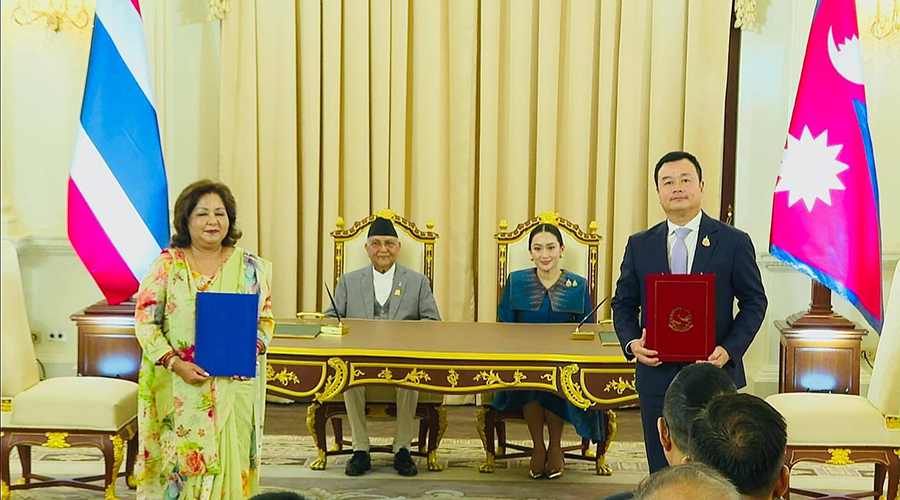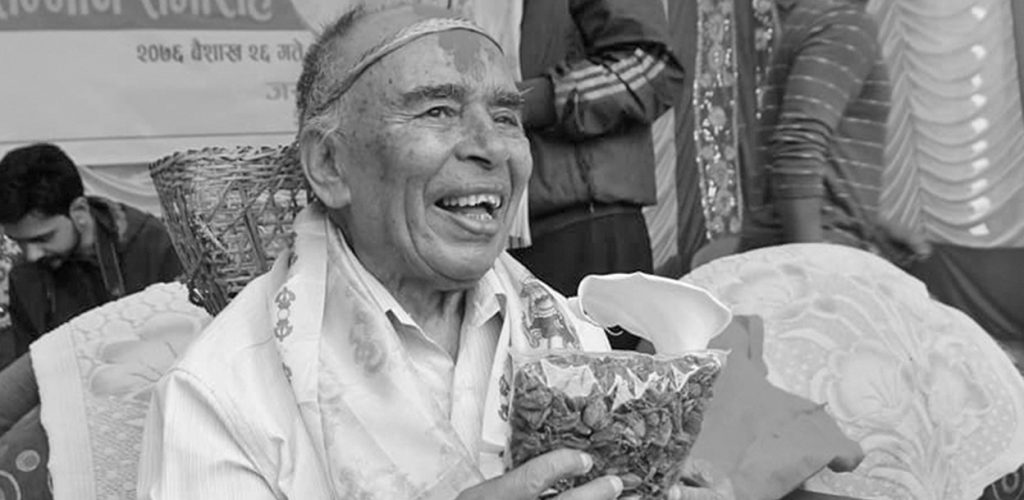
Resident doctors pursuing postgraduate studies have issued a warning of protests, including work stoppages, after the Medical Education Commission failed to implement a monthly stipend of Rs 48,000 as promised.
The doctors demand that stipends for residents in private medical colleges be on par with those in government medical colleges. Currently, private institutions provide stipends ranging from Rs 19,000 to Rs 24,000, while resident doctors work approximately 136 hours per week.
Previously, the Medical Education Commission directed private colleges to commit to providing the Rs 48,000 stipend while filling out the self-appraisal form. However, a subsequent decision to allow colleges to proceed with self-appraisal without ensuring the stipend has sparked discontent among resident doctors.
Unyielding stance on stipends
“Resident doctors in private colleges must receive at least the same stipend as those in government institutions. There will be no compromise on this matter,” stated a joint press release from several resident doctor associations. “If our demands are ignored and the process continues, we will leave our duties and take to the streets.”
The statement was backed by organisations including the Safe Workplace Struggle Committee for Health Workers, the National Resident Doctors’ Association of Tribhuvan University Teaching Hospital, the Resident Doctors’ Association of NAMS Bir Hospital, the Junior Resident Welfare Society of BP Koirala Institute of Health Sciences, the Resident Doctors’ Association of Patan Academy of Health Sciences, and the Resident Doctors’ Welfare Society of Pokhara Academy of Health Sciences.
Past protests may resume
Dr Sheshraj Ghimire, coordinator of the Safe Workplace Struggle Committee for Health Workers, stated that if the commission proceeds with seat allocation without addressing stipend concerns, they will restart protests.
“We concluded our protests a year ago, but we are prepared to resume from where we left off if the government violates the agreement made with us,” said Dr Ghimire.
In developed countries, postgraduate medical students are exempt from fees and receive benefits equivalent to medical officers in government hospitals in Nepal. However, private colleges in Nepal charge as much as Rs 2.3 million in fees, despite not requiring additional infrastructure or faculty for residency programs.
Accusations of exploitation
Resident doctors have accused private institutions of labour exploitation, driven by profit motives. Dr Anjani Kumar Jha, vice-chairperson of the Medical Education Commission, acknowledged the controversy and stated that the Prime Minister has tasked the Education and Health Ministers with resolving the issue.
“The Education and Health Ministers will discuss the matter with medical college operators to resolve. The commission will proceed further after the ministry provides its decision,” said Dr Jha.
Health Minister Pradip Paudel and Education Minister Bidya Bhattarai, co-chairs of the commission, have been urged to ensure the stipend implementation before moving forward with seat allocation for residency programs. Resident doctors remain firm that their demands must be met before any further action is taken.



















